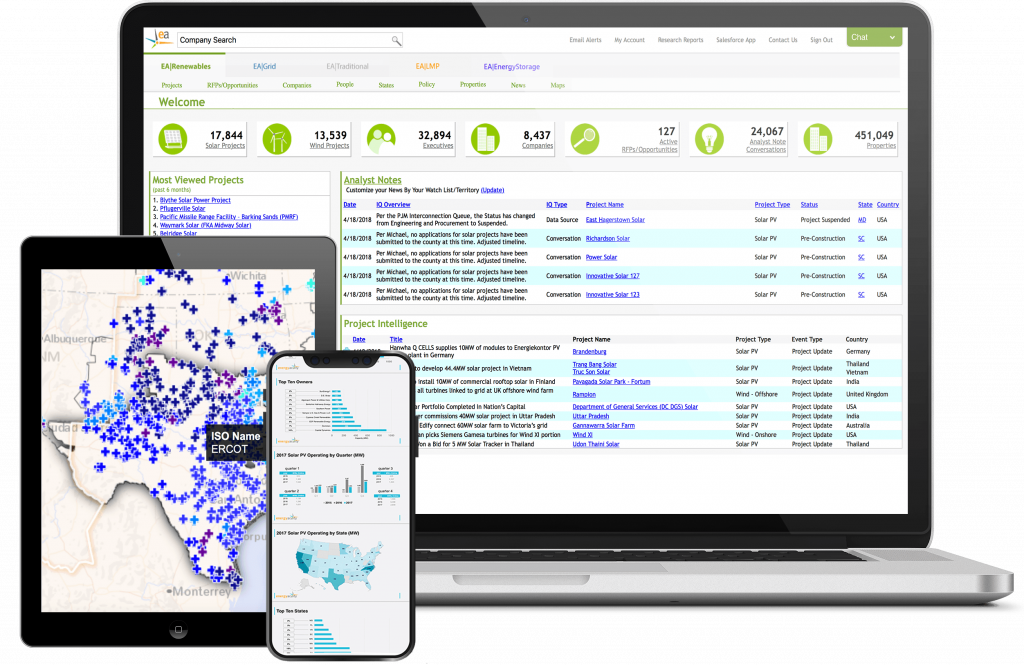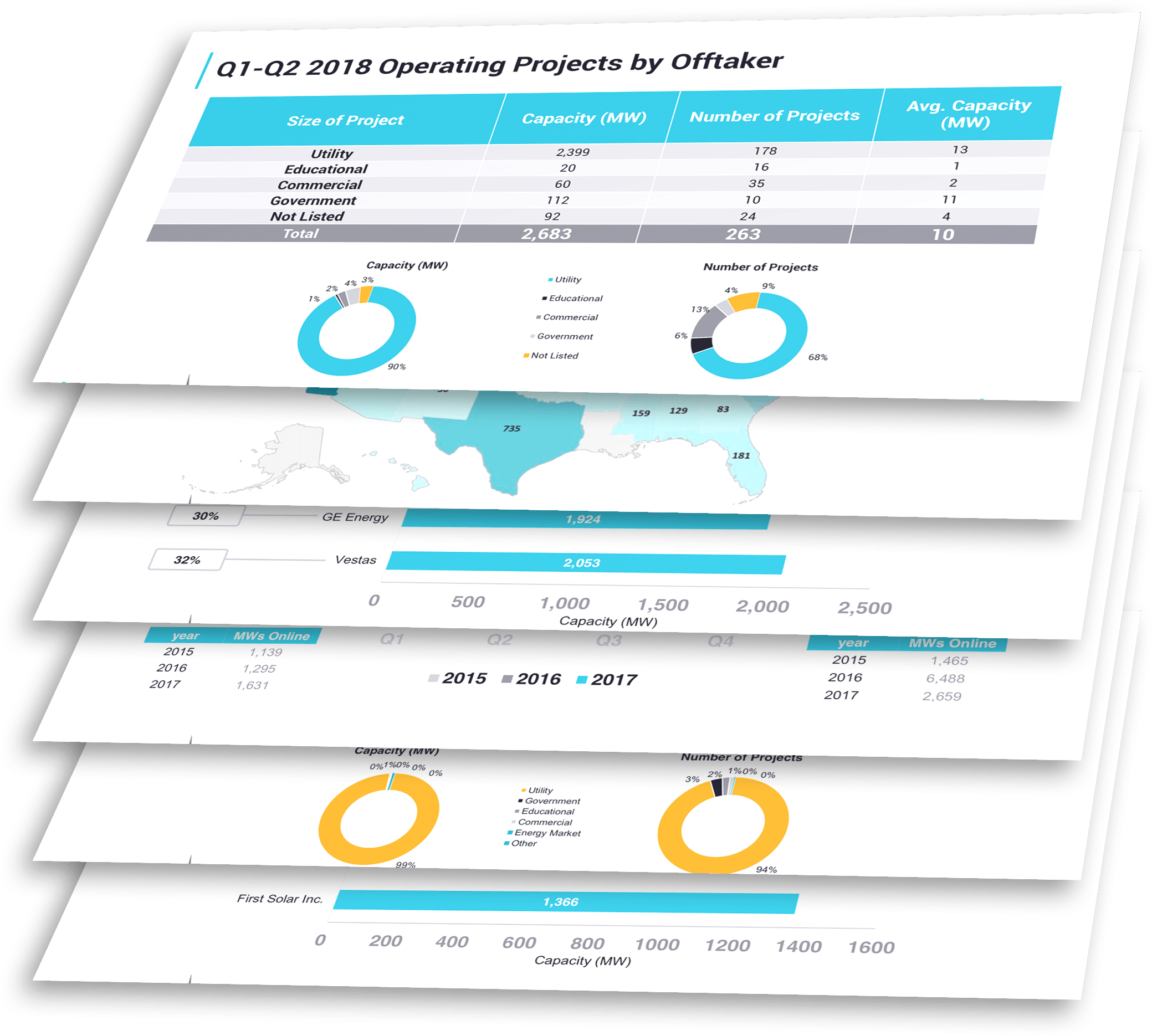The war over net-metering between solar advocates and utilities rages on. Nevada, home to a (formerly) rapidly expanding residential solar industry and some of the nation’s most abundant solar resources, recently became the site of perhaps the most decisive victory for the IOUs (Investor Owned Utilities) who oppose the growth of distributed solar. After Nevadans reached the prescribed 235 MW net energy metering (NEM) cap on rooftop solar installations in August 2015, NV Energy successfully extended the existing NEM cap through the end of the year (functionally a moratorium on new distributed solar installations), in addition to requesting a newly designed NEM rate structure. Last month they got their wish: the Public Utilities Commission of Nevada (PUCN) enacted changes to the previous legislation that regulated NEM rates and fees for solar system ownership.
 Upon examination, the details of these changes clearly favor the interests of NV Energy. For starters, the monthly surcharge for owners of rooftop solar systems will initially increase from $12.75 to $17.90 during the first year of the new rate structure, before peaking at a charge of $38.51 per month for the fifth year of the rate structure. In addition, the production credit for residentially-generated energy fed back to the grid will drop from $0.11/kwh to $0.09/kwh in year one before eventually falling incrementally $0.026/kwh by 2020. This new NEM rate structure will be applied retroactively to existing owners of residential photovoltaic systems, a painful blow to early supporters of home solar and the companies that serve that market. Those concerned parties unsuccessfully attempted to stall the implementation of these changes, as the PUCN unanimously voted against the delay yesterday.
Upon examination, the details of these changes clearly favor the interests of NV Energy. For starters, the monthly surcharge for owners of rooftop solar systems will initially increase from $12.75 to $17.90 during the first year of the new rate structure, before peaking at a charge of $38.51 per month for the fifth year of the rate structure. In addition, the production credit for residentially-generated energy fed back to the grid will drop from $0.11/kwh to $0.09/kwh in year one before eventually falling incrementally $0.026/kwh by 2020. This new NEM rate structure will be applied retroactively to existing owners of residential photovoltaic systems, a painful blow to early supporters of home solar and the companies that serve that market. Those concerned parties unsuccessfully attempted to stall the implementation of these changes, as the PUCN unanimously voted against the delay yesterday.
With their previous business model extinguished and future investments now all but an impossibility, Nevada’s residential solar industry effectively ended with one decision. The nation’s leading residential solar providers responded severely and immediately. Sunrun announced last week they would be terminating Nevada operations as a result of the ruling, with Senior VP Bryan Miller stating, “Nevada passed incentives to attract residents to go solar. But after baiting homeowners with incentives, the state switched the rules, penalizing solar homeowners to deliver additional profit to NV Energy.” Vivint. Solar CEO Greg Butterfield added to the vocal opposition, characterizing NV Energy as an “entrenched monopoly,” while claiming, “Nevada Public Utilities Commission’s own study, released in July 2014, found that net metering cuts overall costs for everyone by reducing taxpayer investment in transmission infrastructure and reducing the amount of power lost during transmission, because surplus net-metered energy is consumed locally.” Most dramatically, SolarCity, the nation’s leading distributed solar developer, announced they closed a month-old training center in Las Vegas as a result of the ruling, a decision that will cost the state over 550 jobs. SolarCity also stated they would be ceasing sales and installations in the state in light of the new regulation, describing the law as a “defacto ban on rooftop solar” in that press release from January 6th.
The timing of the decision, only a few weeks after the extension of the Federal ITC for renewable energy projects, highlights the regressive nature of the PUCN’s decision. With the successful extension of the ITC accomplished, the efforts of IOUs nationwide to oppose the expansion of distributed solar will all but certainly become the most poignant and polarizing issue in the domestic renewable energy industry. Colorado, Ohio, and Massachusetts are all embroiled in similar battles over net metering standards, just to name a few states. Clearly, utility customers across the country have an appetite for residential solar; the real question is when will utilities begin innovating rather than fighting against progress.
Sources: Utility Dive, Clean Technica, PUCWeb, SolarCity, Vivint Solar, Lexology, SunRun, Energy Acuity, Berkshire Eagle
Need Detailed Renewable Energy Intelligence & Analysis? Request a Free Demo of the Energy Acuity Platform Today!

Energy Acuity (EA) is the leading provider of power generation and power delivery market intelligence. EA’s unique approach merges primary research, public resource aggregation, web monitoring and expert analysis that is delivered through a simple, dynamic online platform. This allows our clients to focus on actionable information and win business over the competition.

